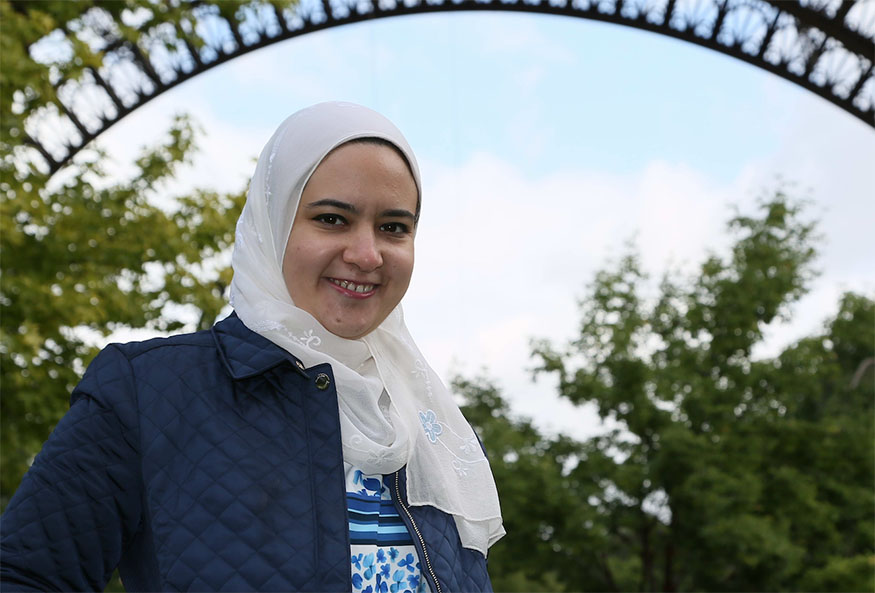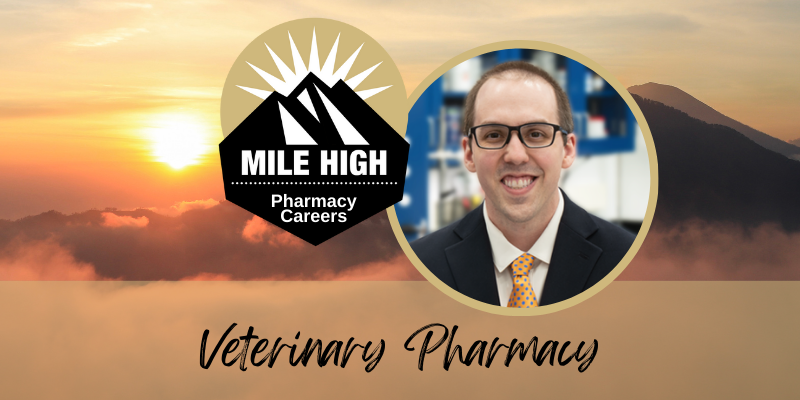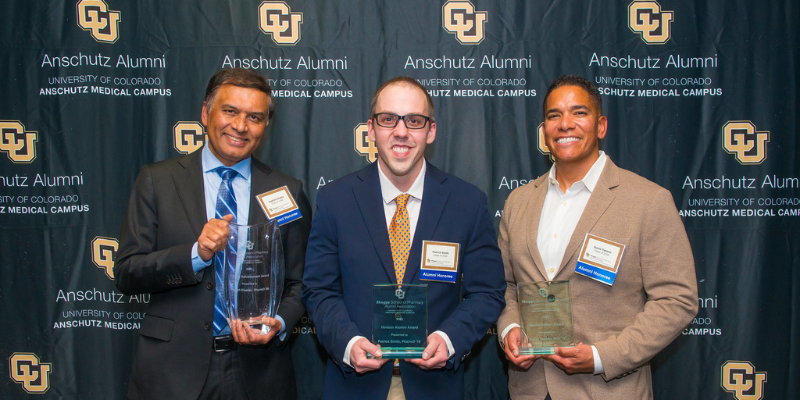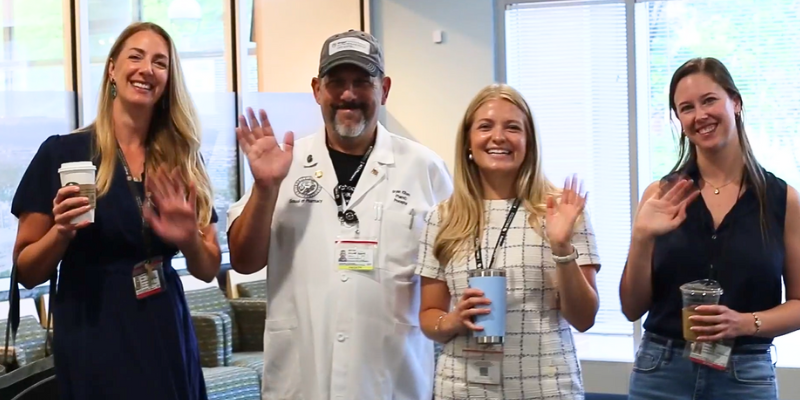At the age of 17, it's not easy deciding on a career pathway. At that time, I was interested in finding out about medications, though. I wanted to be somewhat like my mother who is a physician in Egypt. I liked the way she knew what she was doing when anyone was sick. She would provide advice and make decisions when it was related to us getting sick or anyone else in the family or neighbors.
I entered pharmacy school (which in my country only requires a bachelor's degree). I asked so many questions and nothing motivated me.
Three years later, I made a decision. I decided I didn't want to work in pharmacy. I did not see a purpose and I was bored and careless. Everyone blamed me because I was not a hard worker. They thought I was a "Millennial" who did not know better.
During the last two years in college, I tried all the possible jobs and places where I could find myself and my passion. I mostly did things related to helping people, which made me feel happy. I educated children, went on medical convoys, led a recruitment agency and many other things. I succeeded, but everything felt either too easy or not right.
Graduation was considered my salvation day. I partied all year and partied even more as graduation approached. I continued my self-search and I still did not find my passion. I was then told that a team of clinical pharmacists were training in an ICU in one of the teaching hospitals. In Egypt, the word "clinical" was not very familiar. This is when I thought, that seems like something I might like, but it felt weird heading towards a profession in pharmacy. So, I told myself I would try it for a while, then probably move on if I didn't like it. I expected to have at least 17 different jobs until I found what I was passionate about.
When I joined this training, my life changed.
Life can take you by surprise sometimes and that rebellious kid who did not want to even try at college, fired up. I pulled up my never-touched books and I studied. I worked 8 - 2 p.m. as a hospital pharmacist and then attended rounds, studied and worked all night in the hospital.
Fast forward, five years later, I work as a clinical pharmacist in one of the biggest hospitals in the Middle East and I'm pursuing a PharmD at the University of Colorado Skaggs School of Pharmacy in its international program (iPharmD).
Today, eight years after my search started, I can happily say that I found my passion in being a clinical pharmacist. I enjoy working with my team and having an impact on a patient who enters the hospital on a stretcher and walks out to step down care or even to home. I enjoy talking to patients about their medication and their diseases, and education them on how to make their lives better; giving them hope and putting smiles on their faces.
Millennials are not lazy or selfish. The difference is that we will only work if we feel motivated. A lot of communication is needed as we ask a lot of "why" and "why not" questions. Our generation needs new methods of education to keep us engaged and make us understand the relevance of what we are learning to the actual practice. We need to understand the sort of impact we can have on other people's lives.
Every new generation has a sense of possible, and this is how the world develops. The concept of purpose and what's possible is what led a generation to walk on the moon despite reluctance from a previous generation.
Millennials (born 1982-2002) like to live life their own way. We believe that you are not supposed to work, pay the bills and die. We are looking for passion and impact and if we see it, we will work day and night to reach the impossible.



